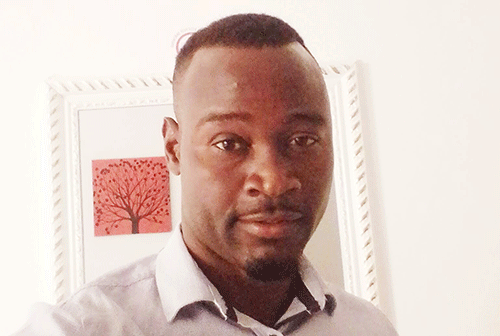Namibia swore in its first woman president on Friday, 21 March, after Netumbo Nandi-Ndaitwah won the presidential elections held last year.
Nandi-Ndaitwah, (72), became one of the few women presidents on the African continent and the world. Popularly known by her initials NNN, she secured 58% of the vote in the 2024 presidential election.
Change is hard but necessary, and Namibia needs change and a team of dynamic leaders to propel the country to success and address issues in sectors such as job-creation, agriculture and fisheries, among others.
Nandi-Ndaitwah has been involved in politics since she was quite young, joining the struggle against brutal apartheid rule when she was about 14/15 years old.
However, beyond her unprecedented triumph, her presidency signifies a significant step towards gender equality, as we have seen in her new Cabinet, appointing Lucia Witbooi as vice president, and in several other ministries led by women.
NNN’s decision to downsize the Cabinet is a commendable approach, as rationalising the number of ministers is not only saving costs, but also ensuring resources are allocated where they are needed the most. We still must see if a smaller Cabinet would lead to inefficiencies and administrative bottlenecks, as argued by critics.
The new administration is expected to press service delivery smoothly, and public office-bearers should not delay service to sabotage her vision.
Ministries are structured to meet needs, and hopefully certain departments are to be established for those purposes within ministries.
NNN made it clear when her Cabinet convened that ministers’ performance will be measured via a dashboard mechanism, and for the next three months, ministers will be evaluated on how they perform to ensure effective service delivery.
She warned that ministers are appointed based on their capabilities, but will spare no one who is underperforming. As she briefly said, things would not be ‘business as usual’.
The president dismissed concerns about people ‘calling in favours and delaying service delivery’, urging ministers not to delay projects and discourage investment in Namibia.
What obstacles await her, and how will she influence the nation’s future?
NNN will hopefully bring together different factions not only inside the ruling party — Swapo, but also from across the board, and unlike other members, her reputation has not been tainted by corruption allegations. She is a stateswoman and has held some levels of leadership, so she understands the system.
As Namibia’s first female president, she represents progress, reflecting the country’s changing social and political landscape, and greater recognition of women in positions of power.
NNN’s triumph not only cements her place as a key figure in Namibian politics, but it also marks a historic milestone for women’s leadership in southern Africa. Many Namibians expect only developments and adjustments in terms of economic and societal challenges. She stated throughout her campaign that she wanted to create jobs by courting investment through economic diplomacy. It is now time to put the powerful woman to the test.
She is expected to work for independence, transparency and accountability. She should also advocate policies and legislative frameworks that encourage public participation, and bring again more youth into political processes as well as economic participation.
*Leonard Kanime is a social commentator. He can be reached at: leokanime@gmail.com



